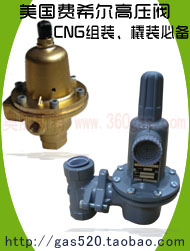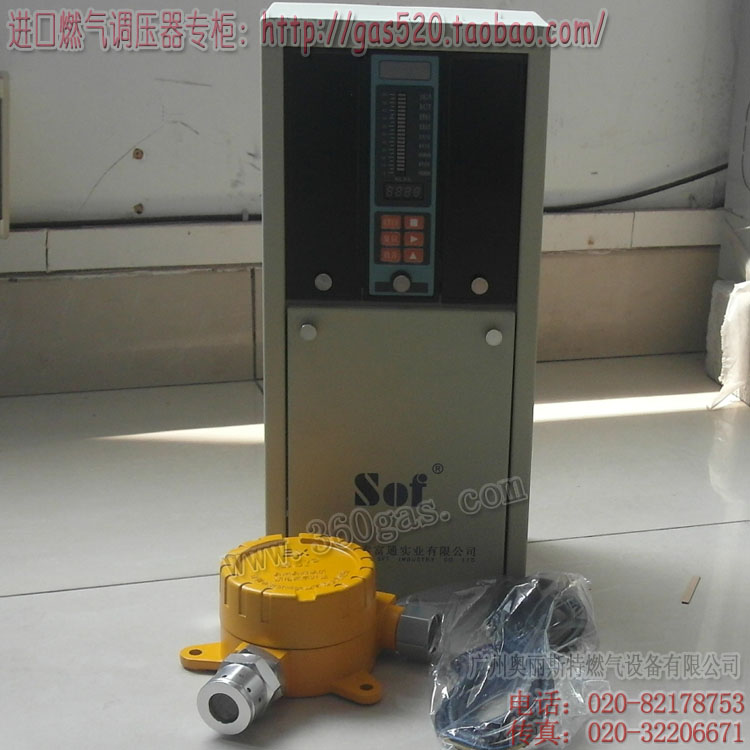位置:首页 > 燃气资讯 > EC Establishes Low
EC Establishes Low-Carbon Fuel Standard for Transport Fuels
浏览次数 799 , 日期 2014-10-14 , 燃气设备 加入收藏
UK’s Gasrec welcomes common standard
The European Commission has adopted a proposal to implement existing obligations in the 2009 amendment of the Fuel Quality Directive (FQD). Article 7a of the FQD obliges suppliers to reduce by 6% the life cycle greenhouse gas intensity of fuel, including Compressed Natural Gas (CNG) and other energy sources supplied for use in road vehicles by 2020.
The FQD also obliges suppliers to report information on the greenhouse gas intensity of the fuel they supply to authorities designated by the Member States. The proposal establishes the low-carbon fuel standard required by the FQD and brings it into effect in Union legislation.
EU Climate Action Commissioner Connie Hedegaard said: “Finally the Commission can present this proposal to improve the climate impact of our transport fuels. It is no secret that our initial proposal could not go through due to resistance faced in some Member States. However, the Commission is today giving this another push, to try and ensure that in the future, there will be a methodology and thus an incentive to choose less polluting fuels over more polluting ones like for example oil sands. I strongly recommend Member States to adopt this proposal and keep the safeguards that will allow cleaner fuels to be used in transport across Europe”.
The proposal establishes a method for calculating the carbon intensity for different fuel types, namely petrol, diesel, Liquefied Petroleum Gas (LPG) and CNG. Each of these fuel types will be assigned a default value based on emissions produced over its entire life-cycle. From now on, suppliers will have to use these values when reporting the carbon intensity of their fuel supply to Member States to ensure a 6% reduction in their transport emissions in 2020.
To increase transparency regarding the type and origin of fuels being used in EU road transport, more stringent reporting rules are being put in place. This information will be reported by suppliers to Member States and by Member States to the Commission and will lead to better understanding of the fuel mix used by road vehicles in the EU.
With this proposal, the European Commission is presenting a simple and effective mechanism to account for emissions from road transport, while ensuring a high level of climate protection. The proposal reflects extensive technical and economic analyses as well as public consultations undertaken by the Commission. These were conducted following Member States’ inconclusive vote on the Commission’s initial proposal in 2011 and required time to conclude before presenting the final proposal. The results of this process are detailed in the impact assessment that accompanies the proposal.
The proposal will now be submitted to the Council for a decision within two months, and to the European Parliament for scrutiny.
Gasrec Welcomes EU Directive
For Gasrec, a UK-based European supplier of liquefied natural gas to the transport sector which has pioneered the development of bio-LNG (liquefied landfill biomethane and LNG) for transport and supplies more than 60% of gas powered HGVs on UK roads, the agreement provides a welcome boost in confidence, particularly for retail, logistics and transport companies switching to gas or growing their existing gas fleet.
Welcoming the news, Rob Wood, Gasrec’s CEO, said: “This is an extremely positive development from the EU which will help drive user demand for clean fuel vehicles and encourage manufacturers to increase production of these vehicles at competitive prices. This will certainly drive more businesses to adopt gas vehicles and help them cut both fuel costs and pollution from their HGV fleet.”
“We believe it is essential for the industry that LNG refuelling facilities are widely spread and built to common standards”, Wood added.
Background
Reducing the carbon footprint of fuels used in transport is part of the 2020 Climate and Energy package. It is also an integral part of the action to gradually decarbonise the transport sector in line with the EU’s climate change policy and the Transport White Paper. It is a contribution towards cutting overall greenhouse gas emissions to 20% below 1990 levels by 2020.
The European Commission has adopted a proposal to implement existing obligations in the 2009 amendment of the Fuel Quality Directive (FQD). Article 7a of the FQD obliges suppliers to reduce by 6% the life cycle greenhouse gas intensity of fuel, including Compressed Natural Gas (CNG) and other energy sources supplied for use in road vehicles by 2020.
The FQD also obliges suppliers to report information on the greenhouse gas intensity of the fuel they supply to authorities designated by the Member States. The proposal establishes the low-carbon fuel standard required by the FQD and brings it into effect in Union legislation.
EU Climate Action Commissioner Connie Hedegaard said: “Finally the Commission can present this proposal to improve the climate impact of our transport fuels. It is no secret that our initial proposal could not go through due to resistance faced in some Member States. However, the Commission is today giving this another push, to try and ensure that in the future, there will be a methodology and thus an incentive to choose less polluting fuels over more polluting ones like for example oil sands. I strongly recommend Member States to adopt this proposal and keep the safeguards that will allow cleaner fuels to be used in transport across Europe”.
The proposal establishes a method for calculating the carbon intensity for different fuel types, namely petrol, diesel, Liquefied Petroleum Gas (LPG) and CNG. Each of these fuel types will be assigned a default value based on emissions produced over its entire life-cycle. From now on, suppliers will have to use these values when reporting the carbon intensity of their fuel supply to Member States to ensure a 6% reduction in their transport emissions in 2020.
To increase transparency regarding the type and origin of fuels being used in EU road transport, more stringent reporting rules are being put in place. This information will be reported by suppliers to Member States and by Member States to the Commission and will lead to better understanding of the fuel mix used by road vehicles in the EU.
With this proposal, the European Commission is presenting a simple and effective mechanism to account for emissions from road transport, while ensuring a high level of climate protection. The proposal reflects extensive technical and economic analyses as well as public consultations undertaken by the Commission. These were conducted following Member States’ inconclusive vote on the Commission’s initial proposal in 2011 and required time to conclude before presenting the final proposal. The results of this process are detailed in the impact assessment that accompanies the proposal.
The proposal will now be submitted to the Council for a decision within two months, and to the European Parliament for scrutiny.
Gasrec Welcomes EU Directive
For Gasrec, a UK-based European supplier of liquefied natural gas to the transport sector which has pioneered the development of bio-LNG (liquefied landfill biomethane and LNG) for transport and supplies more than 60% of gas powered HGVs on UK roads, the agreement provides a welcome boost in confidence, particularly for retail, logistics and transport companies switching to gas or growing their existing gas fleet.
Welcoming the news, Rob Wood, Gasrec’s CEO, said: “This is an extremely positive development from the EU which will help drive user demand for clean fuel vehicles and encourage manufacturers to increase production of these vehicles at competitive prices. This will certainly drive more businesses to adopt gas vehicles and help them cut both fuel costs and pollution from their HGV fleet.”
“We believe it is essential for the industry that LNG refuelling facilities are widely spread and built to common standards”, Wood added.
Background
Reducing the carbon footprint of fuels used in transport is part of the 2020 Climate and Energy package. It is also an integral part of the action to gradually decarbonise the transport sector in line with the EU’s climate change policy and the Transport White Paper. It is a contribution towards cutting overall greenhouse gas emissions to 20% below 1990 levels by 2020.








